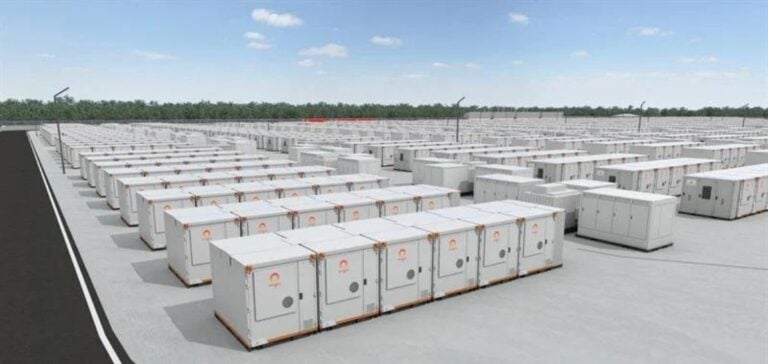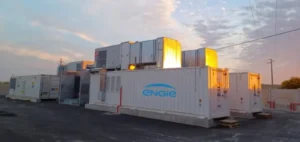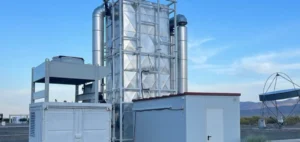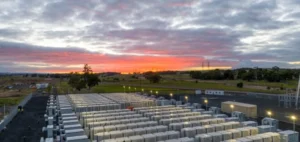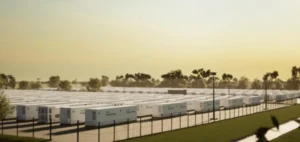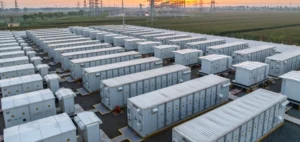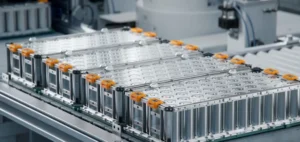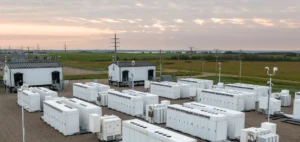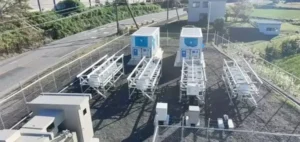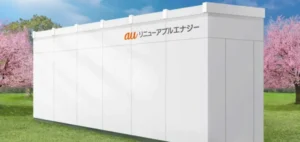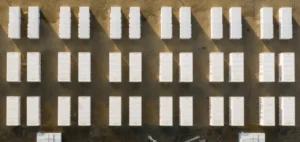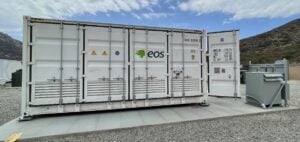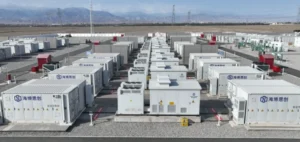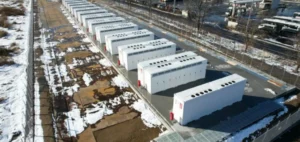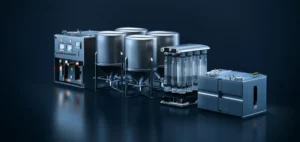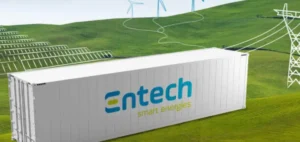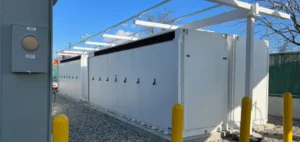Origin Energy (Origin) approves the second phase of development of a large-scale battery at the Eraring power station, as part of its strategy to accelerate the integration of renewables and storage into its portfolio.
Development of the second phase
The second phase of the Eraring battery will add a capacity of 240 MW / 1030 MWh, with a duration of four hours, to the first phase currently under construction of 460 MW / 1073 MWh, scheduled for completion by the end of 2025.
Together, the two phases will have a storage capacity of over 2 GWh, helping to stabilize the grid and support the integration of renewable energies.
Work on the second phase will begin in early 2025, with commissioning scheduled for the first quarter of 2027.
Equipment supply and construction agreements have been signed.
Storage strategy and energy transition
Greg Jarvis, Head of Energy Supply and Operations at Origin, says: “We are approving our third large-scale battery investment, reflecting our belief that storage is crucial to stabilizing variable renewable energy supply.” The second-phase battery, with a duration of more than four hours, will absorb excess solar production during the day to ensure a reliable supply of energy during evening peak loads.
Eraring, a strategic location with a high-quality connection infrastructure, plays a central role in Origin’s energy transition.
The second phase of the battery is an essential step in transforming the site and supporting the energy transition.
Technology partnerships and future commitments
Battery equipment will be supplied by Finnish technology group Wärtsilä, with design and construction provided by Enerven Energy Infrastructure (Enerven).
Origin has now committed to more than 1.5 GW of large-scale batteries at Eraring and Mortlake, as well as agreements for the purchase of Supernode phase 1 and 2 batteries.
Eraring, Australia’s largest power station, supplies up to a quarter of New South Wales’ electricity.
Its closure is scheduled for August 2027, in agreement with the NSW Government to ensure security of supply during the energy transition.
This approval of the second phase of the Eraring battery marks an important milestone for Origin Energy in its support for the energy transition and a stable, reliable power supply for the future.


